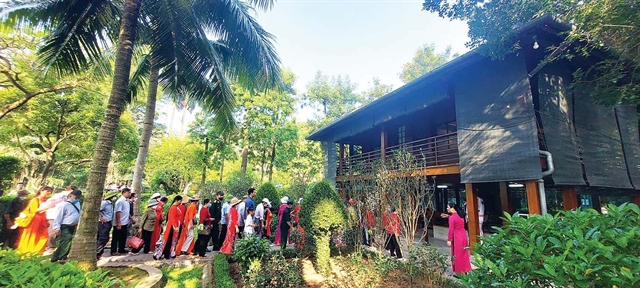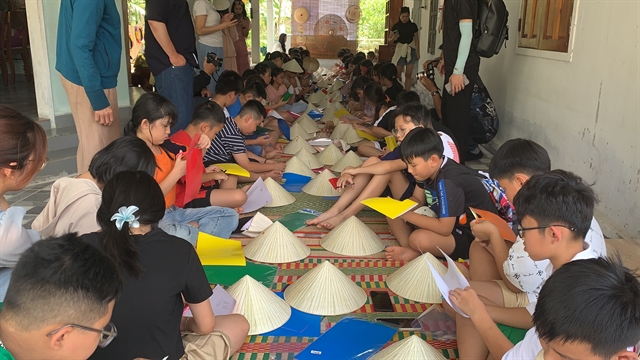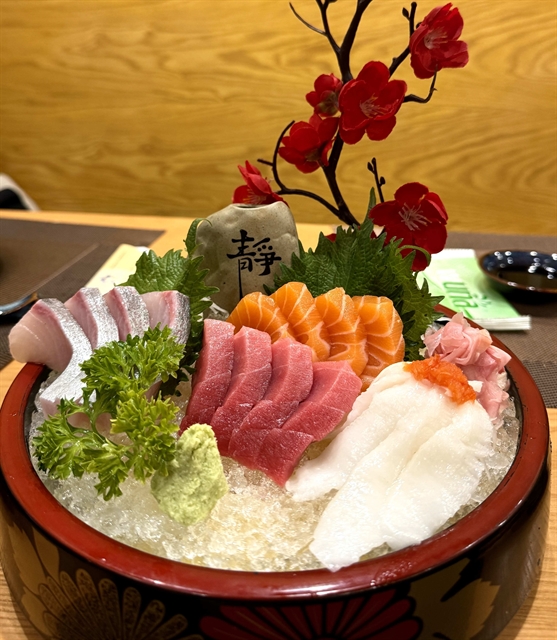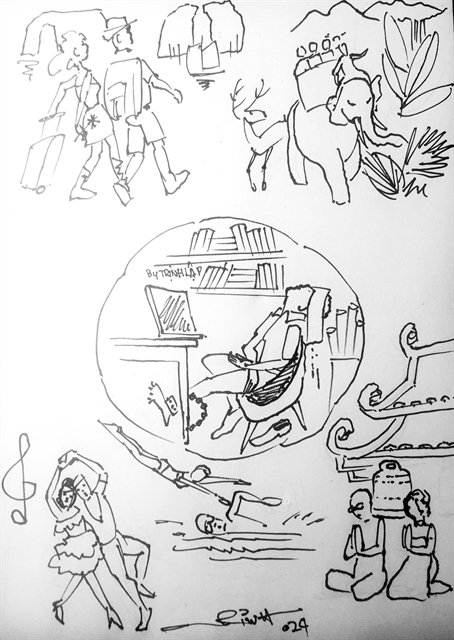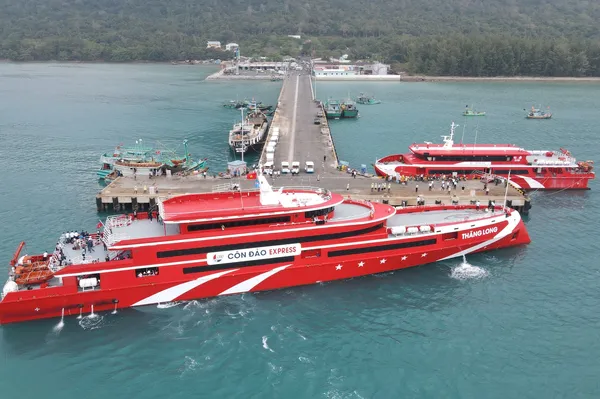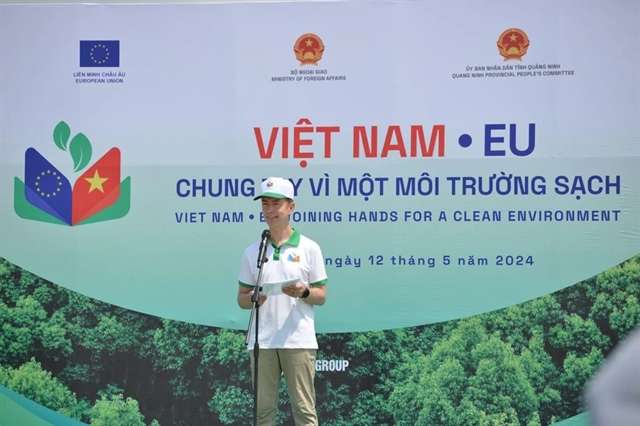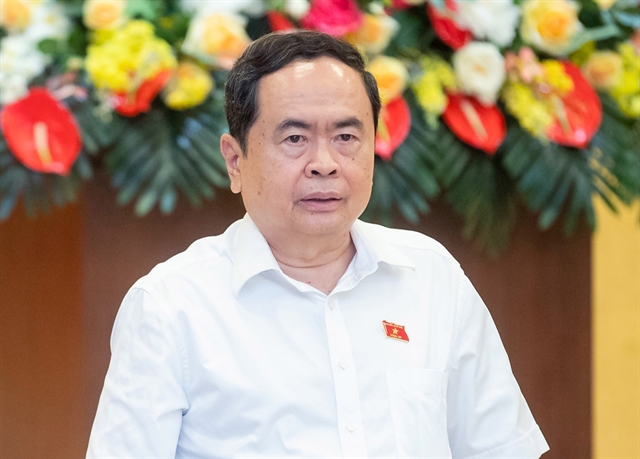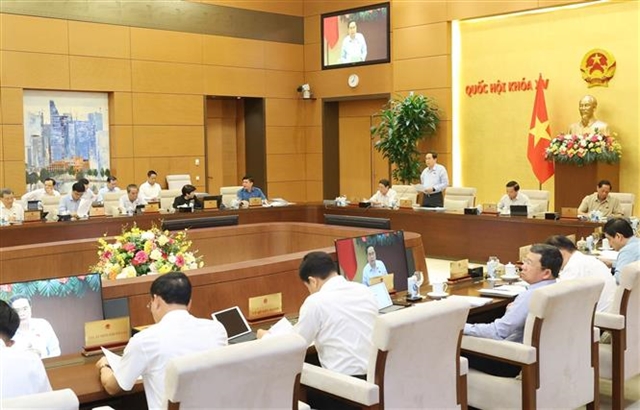 Economy
Economy
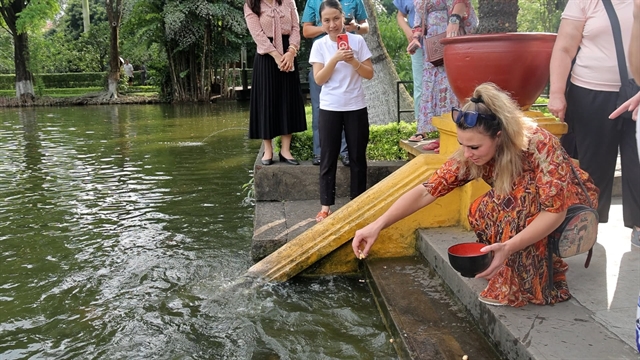
The Việt Nam Steel Association (VSA) will co-ordinate with the Ministry of Industry and Trade to protect the legitimate rights and interests of local steelmakers who were recently accused of tax evasion by the US Department of Commerce (DOC).
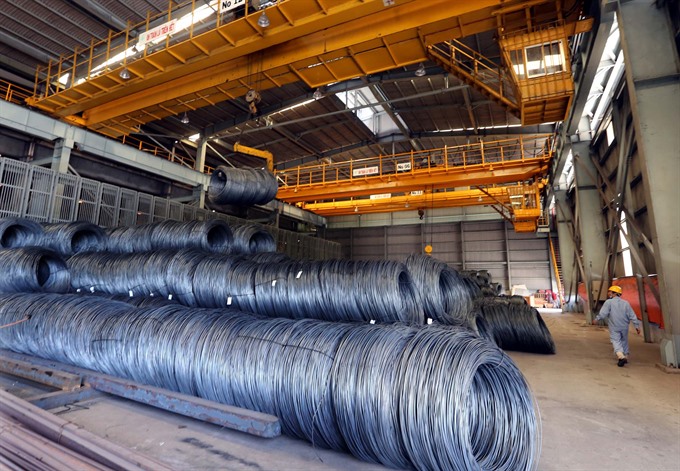 |
| Steel coils at the Vina Kyoei Steel Co Ltd’s production plant in the southern province of Bà Rịa–Vũng Tàu. — VNA/VNS Photo Danh Lam |
HÀ NỘI — The Việt Nam Steel Association (VSA) will co-ordinate with the Ministry of Industry and Trade to protect the legitimate rights and interests of local steelmakers who were recently accused of tax evasion by the US Department of Commerce (DOC).
The decision, made by the DOC last week, would involve the imposition of anti-dumping measures and anti-subsidy rates on corrosion-resistant (CORE) and cold-rolled steel from Việt Nam.
In 2016, US steelmakers succeeded in persuading the DOC to impose anti-dumping (AD) and countervail (CV) duties on Chinese steel, which meant cold-rolled steel from China would be subject to 265.79 per cent AD and 256.44 per cent CV duties when exported to the US.
AD and CV duties of 199.46 per cent and 39.05 per cent, respectively, were applied to corrosion-resistant steel from China.
DOC argued that Chinese products are being dumped in third-party countries, such as Việt Nam, to circumvent these duties, leading to last week’s decision.
Although the product was only processed in Việt Nam, the commerce department agreed with the claims of American producers that as much as 90 per cent of the product’s value originated from China.
Following the case, VSA said it was working with the Department of Trade Defence under the Ministry of Industry and Trade to follow developments relating to the ruling and to take the necessary measures in defense of local steelmakers in accordance with World Trade Organisation (WTO) regulations.
According to the VSA, the process of making corrosion-resistant or cold-rolled steel by Vietnamese businesses is a crucial step in the closed-loop manufacturing of high-quality flat steel bars, with factories in Việt Nam receiving investment to the tune of hundreds of millions of US dollars.
The cold-rolling process generates between 30 and 40 per cent added value to imported hot-rolled coil from China, VSA argues, dismissing the claim by US authorities that the vast majority of the value of Vietnamese steel originates in China.
In addition, VSA said, the US had yet to put a regulation in place regarding the required added value content of exports from Việt Nam, making it difficult for Vietnamese steelmakers affected by the decision to respond.
In a release on its website, DOC said importers and exporters of Vietnamese merchandise that is produced from substrate originating in Việt Nam or a third country have the option of seeking an exemption from cash deposits by certifying that the substrate originated outside of China.
DOC statistics showed that shipments of CORE from Việt Nam to the US increased from US$2 million to $80 million after preliminary duties were imposed on Chinese products in 2015.
Likewise, shipments of cold-rolled steel from Việt Nam to the US increased from $9 million to $215 million after the duties were imposed.
DOC is currently scheduled to announce its final determinations in these inquiries on February 16, 2018.
The case was initiated in September when US steel producers, including ArcelorMittal USA, Nucor Corp, AK Steel Holdings Corp and Steel Corp, filed lawsuits in which they claimed Chinese steel producers shipped products via Việt Nam to evade tariffs.
In November, the European Union’s anti-fraud office said it found Chinese steel was shipped through Việt Nam to evade the bloc’s tariffs. — VNS

